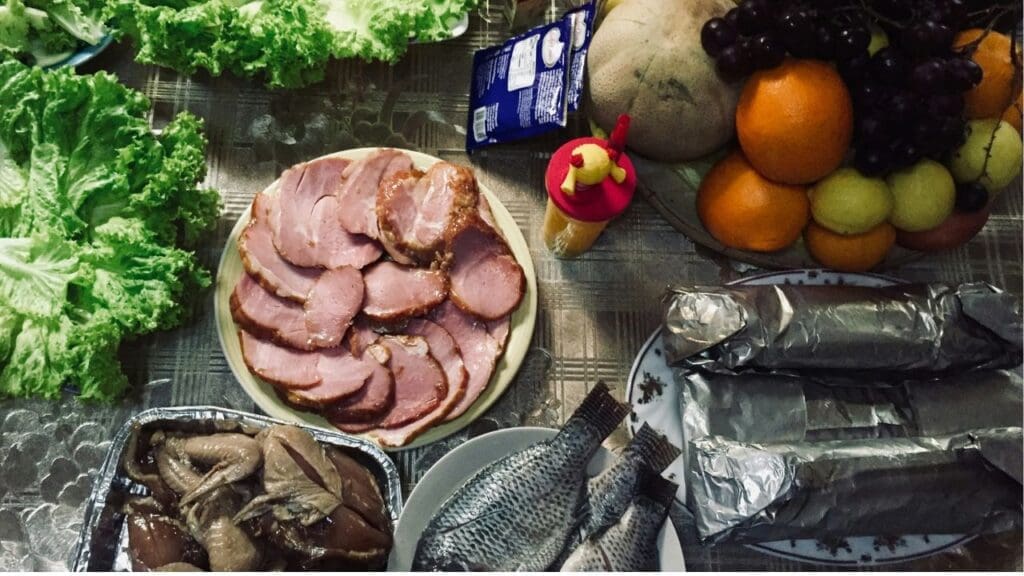
Wearing braces requires some adjustments, especially in your eating habits. Certain foods can pose risks to the integrity of your orthodontic appliances. Hard and sticky foods are notorious for bending wires, popping off brackets, and loosening bands.
Some foods can become easily trapped between the braces and teeth, promoting plaque buildup and increasing the risk of tooth decay and gum disease. Understanding which foods to avoid can help protect your braces, ensure they work effectively throughout the treatment, and maintain overall oral hygiene.
1. Popcorn
Popcorn poses a particular risk for those wearing braces due to its combination of hard kernels and fluffy, sticky pieces. The hard kernels can get lodged under the braces, applying pressure that may dislodge brackets or bend wires. Even the fluffy part of popcorn can stick to the braces and teeth, trapping food particles that are difficult to clean out. This not only risks damage to the orthodontic appliances but also increases the likelihood of developing cavities and gum issues if the trapped food leads to plaque buildup.

2. Nuts
Nuts, while nutritious, are particularly risky for individuals with braces due to their hardness. Biting down on hard nuts can lead to significant orthodontic issues, including bending the wires and breaking the brackets of braces. Such damage not only requires emergency visits to the orthodontist for repairs but can also delay the overall treatment process. Therefore, it’s advisable for brace-wearers to avoid nuts or to opt for finely chopped nuts that don’t require significant biting force.
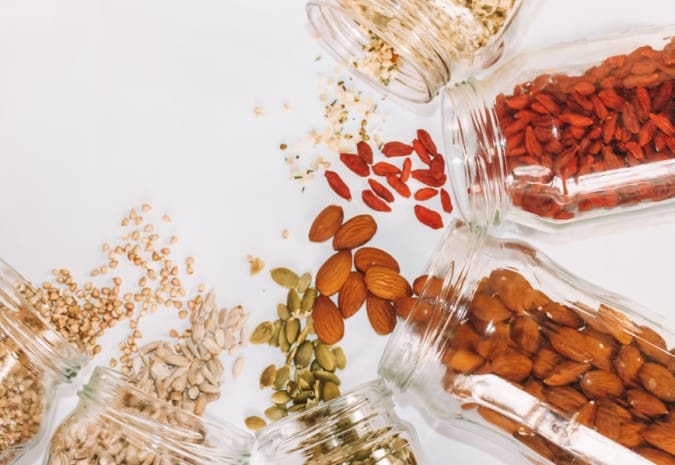
3. Sticky Candy
Sticky candy is particularly problematic for those with braces due to its tendency to cling to and pull on orthodontic components. When chewed, sticky candies like caramels, taffy, or gummy bears can adhere to the brackets and wires, potentially pulling them away from the teeth. This can lead to dislodged brackets or bent wires, necessitating unscheduled orthodontic visits for repairs. Moreover, the sugar in sticky candies can remain stuck around the braces, increasing the risk of tooth decay if not thoroughly cleaned.
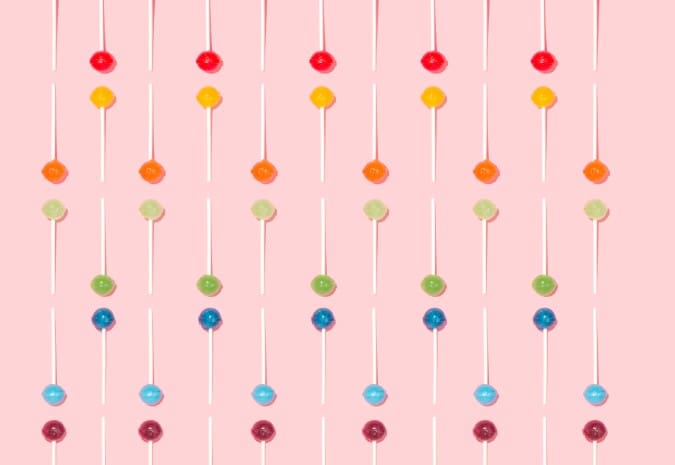
4. Hard Candies
Hard candies pose a significant risk to those wearing braces due to their solid nature. Chewing on these candies can generate excessive force, which may crack or chip the orthodontic appliances. Such damage not only disrupts the alignment process but can also lead to emergency repairs, increasing treatment costs and duration. Additionally, hard candies can cause discomfort or injury to the mouth if the damaged appliance pokes or scratches the soft tissues inside.
5. Tough Meats
Tough meats can be challenging for individuals with braces because their fibrous and dense texture requires significant chewing effort. This strenuous chewing can put excessive pressure on braces, leading to potential dislodging of wires or even breaking of brackets. To avoid these issues, it’s advisable to cut meat into smaller, manageable pieces or opt for softer protein sources like fish or ground meats, which are easier to chew and less likely to interfere with orthodontic appliances.
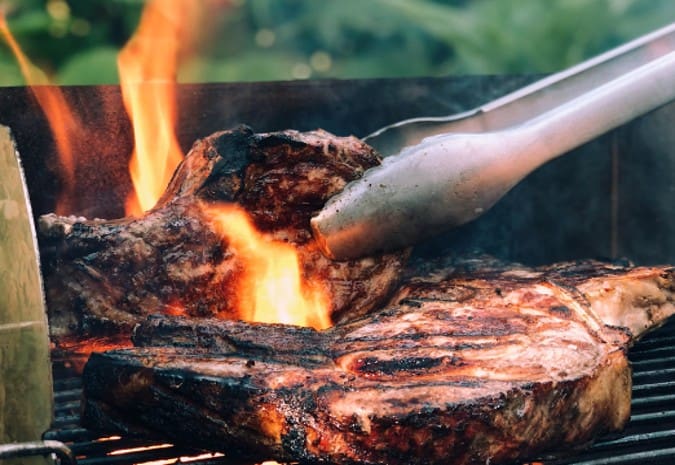
6. Crunchy Vegetables and Fruits
Crunchy vegetables and fruits, while healthy, can pose a risk to braces due to their hard texture. Biting directly into foods like raw carrots, apples, or celery can apply excessive force to braces, potentially damaging them. To safely include these in your diet, it’s advisable to cook them until they are softer, which reduces their toughness. Alternatively, cutting them into small, bite-sized pieces can also minimize the risk, making them easier to chew without putting stress on your orthodontic appliances.
7. Chewing Gum
Chewing gum presents a particular risk for those with braces as it can easily stick to the brackets and wires. The sticky texture of gum can adhere to the orthodontic components, potentially pulling on them when the gum is chewed or removed. This can lead to dislodged brackets or bent wires, complicating the treatment process and potentially extending the duration of wearing braces. Additionally, gum can trap food particles and sugar around the braces, increasing the risk of plaque buildup and dental decay.

8. Corn on the Cob
Eating corn directly from the cob can be problematic for those with braces, as the hard kernels require significant biting force that can damage orthodontic appliances. To enjoy corn without risking damage to your braces, it’s advisable to remove the kernels from the cob before eating. This can be easily done with a knife, allowing you to enjoy the same great taste without putting stress on your braces. This simple adjustment helps prevent the brackets from popping off and the wires from bending.
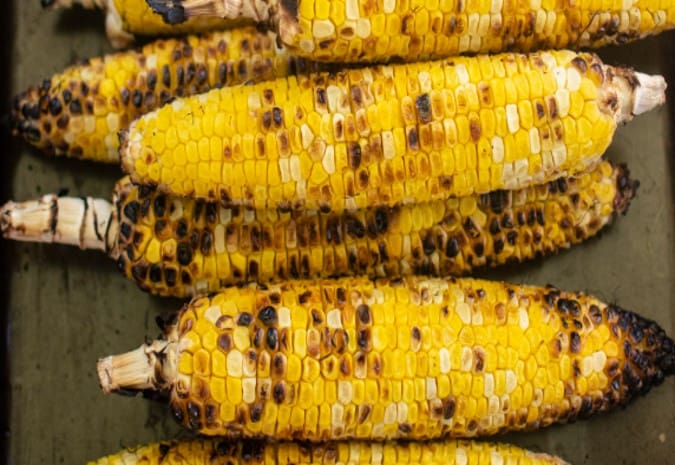
9. Bagels and Hard Rolls
Bagels and hard rolls pose a risk to those with braces due to their dense and chewy texture. Biting into these tough breads can exert undue pressure on the brackets and wires of braces, potentially leading to damage such as bent wires or dislodged brackets. The force required to chew these types of bread can also strain the jaw, which might be sensitive due to orthodontic adjustments. To minimize risks, it’s advisable to slice these breads into small, manageable pieces and soften them with spreads or by warming slightly before eating.
10. Ice
The hardness of ice can lead to significant risks, such as cracking the brackets or snapping the wires of braces. These incidents not only require emergency orthodontic repairs but can also cause delays in the treatment plan and increase overall discomfort. To protect your braces and maintain your treatment progress, it’s best to avoid ice altogether.
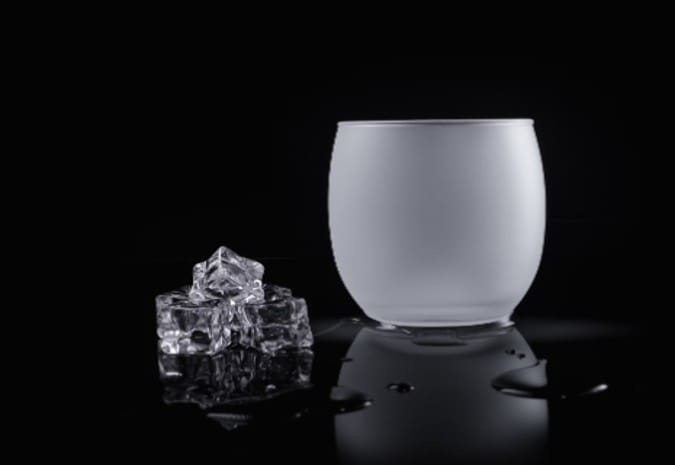
Avoiding certain foods during orthodontic treatment with braces is crucial for both maintaining the integrity of the appliances and ensuring the effectiveness of the treatment. Foods that are hard, sticky, or tough can damage braces, leading to potential delays in treatment and additional dental visits for repairs.
By following these dietary guidelines, you can help ensure a smoother and more efficient orthodontic journey. Adhering to these recommendations will not only protect your braces but also contribute to achieving the best possible outcome for your smile.
